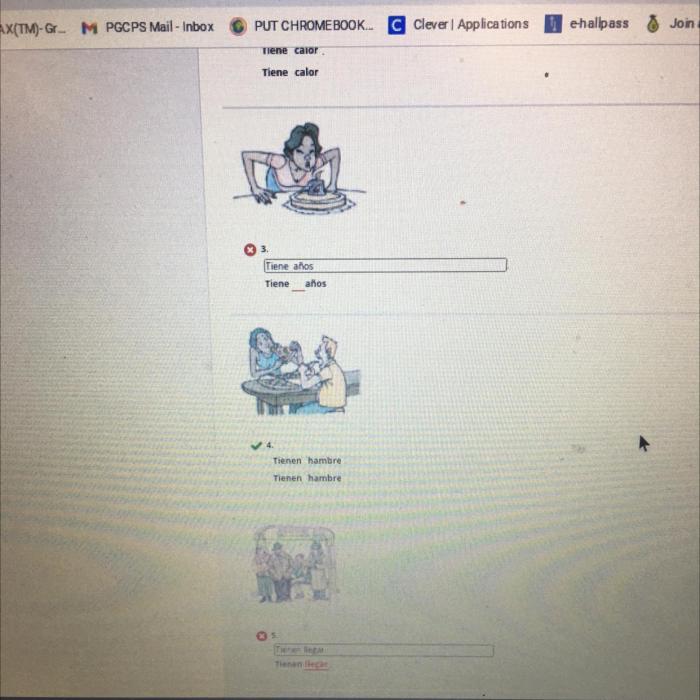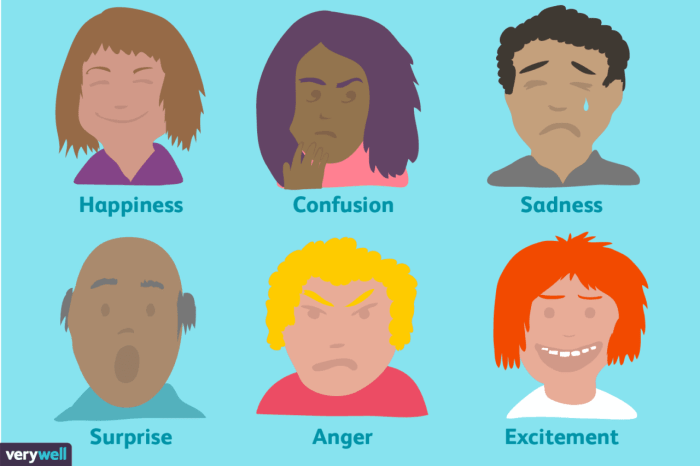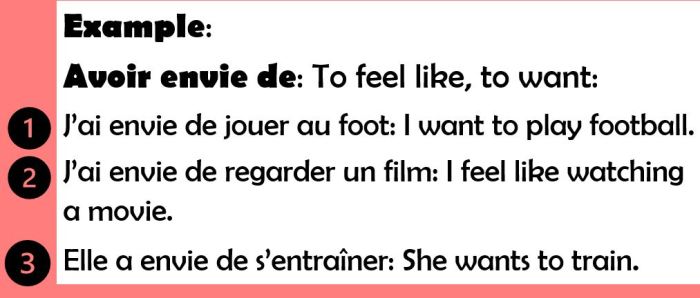Describe these people using expressions with avoir – Embarking on a journey to explore the multifaceted expressions with “avoir” used to describe individuals, this comprehensive guide delves into the nuances of physical attributes, personality traits, skills and abilities, health and well-being, relationships, and material possessions. With an authoritative and engaging approach, it unravels the complexities of human description, providing invaluable insights for effective communication and understanding.
Describing People with Expressions Using “Avoir”: Describe These People Using Expressions With Avoir

The French language offers a rich vocabulary of expressions using the verb “avoir” to describe people’s physical attributes, personality traits, skills and abilities, health and well-being, relationships, and material possessions. These expressions provide a nuanced and comprehensive way to convey observations and impressions about individuals.
Physical Attributes, Describe these people using expressions with avoir
To describe physical appearance, “avoir” is followed by a noun or adjective that specifies the characteristic. For example:
- Il est grand. (He is tall.)
- Elle est mince. (She is thin.)
- Il a les cheveux blonds. (He has blond hair.)
- Elle a les yeux bleus. (She has blue eyes.)
- Il a un nez aquilin. (He has an aquiline nose.)
Personality Traits
“Avoir” can also be used to describe personality traits. In these expressions, “avoir” is followed by a noun or adjective that captures the person’s character or disposition. For instance:
- Il est sympathique. (He is friendly.)
- Elle est extravertie. (She is outgoing.)
- Il est timide. (He is shy.)
- Elle est sérieuse. (She is serious.)
- Il a de l’humour. (He has a sense of humor.)
Skills and Abilities
Expressions with “avoir” can express a person’s skills and abilities. These expressions typically involve “avoir” followed by a noun or adjective that describes the talent or proficiency. Examples include:
- Il joue du piano. (He plays the piano.)
- Elle parle anglais. (She speaks English.)
- Il est bon en maths. (He is good at math.)
- Elle a une belle voix. (She has a beautiful voice.)
- Il est doué pour le sport. (He is good at sports.)
Health and Well-being
Expressions using “avoir” can convey a person’s health and well-being. These expressions typically use “avoir” followed by a noun or adjective that describes the physical or mental state. For example:
- Il est en bonne santé. (He is healthy.)
- Elle est malade. (She is sick.)
- Il est fatigué. (He is tired.)
- Elle a mal à la tête. (She has a headache.)
- Il est stressé. (He is stressed.)
Relationships
“Avoir” can be used to describe a person’s relationships with others. These expressions typically use “avoir” followed by a noun or prepositional phrase that specifies the type of relationship. For example:
- Il a une femme. (He has a wife.)
- Elle a deux enfants. (She has two children.)
- Il a des amis proches. (He has close friends.)
- Elle est en couple. (She is in a relationship.)
- Il est célibataire. (He is single.)
Material Possessions
Finally, expressions with “avoir” can describe a person’s material possessions. These expressions typically use “avoir” followed by a noun or adjective that specifies the object. For instance:
- Il a une voiture. (He has a car.)
- Elle a une maison. (She has a house.)
- Il a des vêtements de marque. (He has designer clothes.)
- Elle a un ordinateur portable. (She has a laptop.)
- Il a une collection de timbres. (He has a stamp collection.)
Essential Questionnaire
What is the purpose of using expressions with “avoir” to describe people?
Expressions with “avoir” provide a structured and nuanced way to convey physical attributes, personality traits, skills, and other characteristics, allowing for precise and comprehensive descriptions.
How can I improve my ability to describe people using expressions with “avoir”?
Immerse yourself in French literature and media, practice using the expressions in conversation, and seek feedback from native speakers or language instructors.

